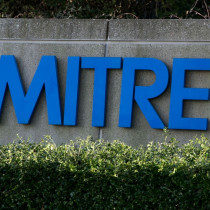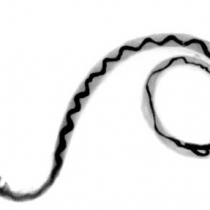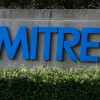Hackers develop tools to thwart forensics
Source: Computer Weekly
Anti-forensics tools and skills to thwart investigators are emerging in the underground hacker scene.
One example is a class of programs called the Loadable Kernel Modules (LKM) which, if used by hackers, can hide data even from forensics experts.
LKMs are files that contain components that can run dynamically. Normally, LKMs are used to load hardware drivers.
Hackers can create LKM rootkits that can access the kernel directly, while hiding processes, connections, directories and files without modifying the binaries of any program. A rootkit is a collection of programs that a hacker uses to mask intrusion and get access to a computer.
While most hackers' rootkits activities can be detected by methods such as doing MD5 checksums, if LKM rootkits are used, any checksum methods become useless as no files would have been modified.
It is not just a case of hidden files but the alteration of kernel processes so that queries on various information to the server would return fake results. For example, when a file search is made, even if the file were there, the search will turn up negative.
By checking ports for unusual activities, it might be possible to detect that the computer system has been compromised or "rooted". Tools such as Kstat can be used to detect rooted systems, but there are limitations.








































































